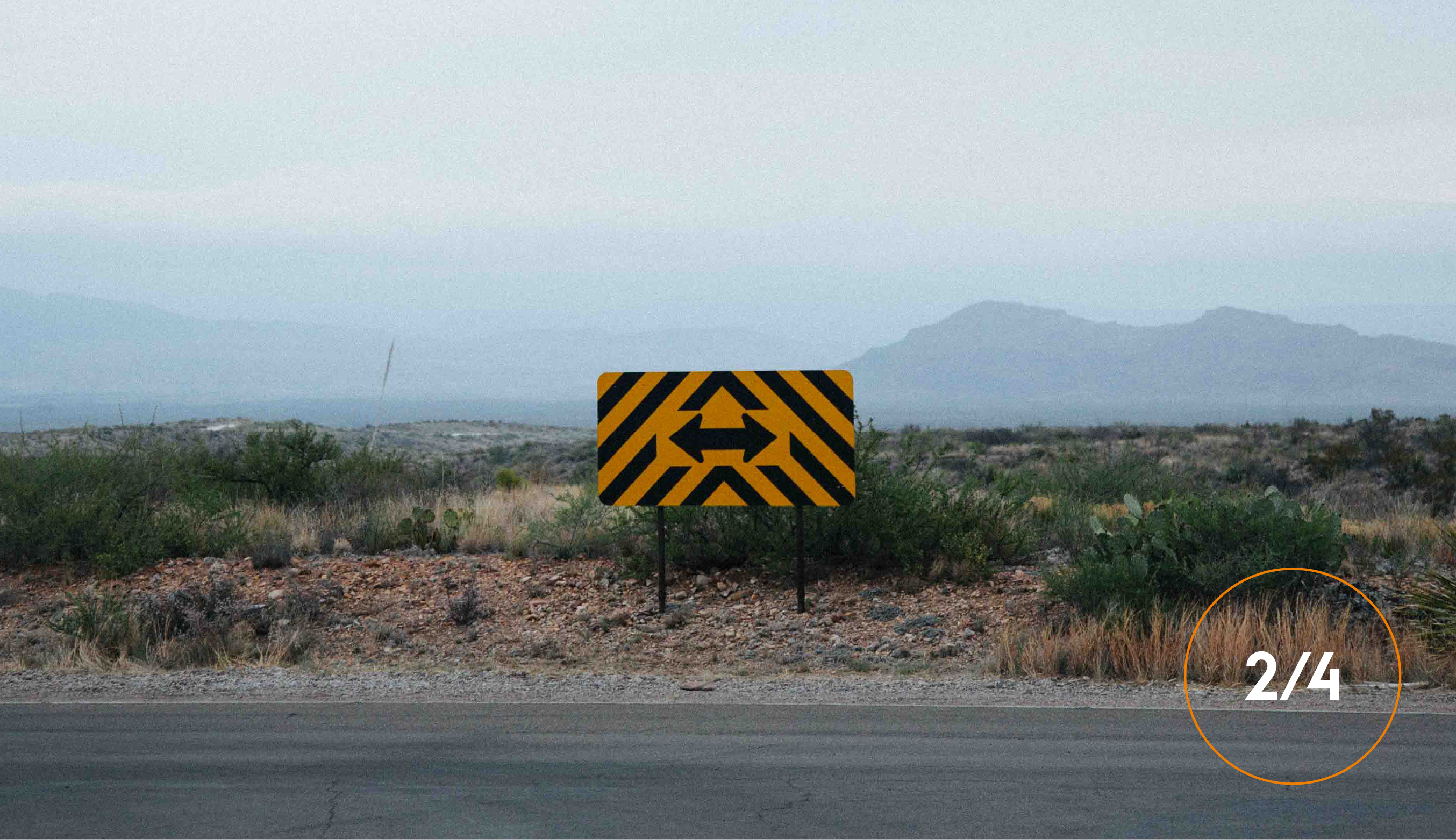For many small and medium-sized companies, working with the UN’s Sustainable Development Goals introduced in 2015, is still an elusive task even though it can have a crucial impact on the companies’ survival. According to researchers from Aarhus BSS, companies need to divide the many goals and sub-goals into strategic and targeted chunks. It also turns out that there is hope - for companies and for the world.
The UN’s Sustainable Development Goals chart out the course of a necessary journey towards a more sustainable world. However, although all companies are well aware of the destination, it can be difficult to find out which way to go. Particularly because the road towards the final goal is littered with challenges that companies need to acknowledge and deal with before taking the next step: Psychologically, companies need to break down the task of working with the Sustainable Development Goals into smaller chunks and focus on development opportunities rather than doomsday scenarios. By doing so, companies can position themselves in the best possible way towards employees, customers and consumers. These groups are demanding sustainable action to such a degree that social norms are changing. Thus, there is no way around it for Danish companies. However, companies also have lots of opportunities to use the Sustainable Development Goals as a lever for optimising and developing their business.
Facts - What are the UN’s Sustainable Development Goals? The UN’s Sustainable Development Goals or Agenda 30 are a global call for action. The goals were adopted by 193 countries at the UN’s annual General Assembly in 2015. The UN’s Sustainable Development Goals consist of 17 goals and 169 sub-goals that balance between the three dimensions of sustainable development; the economic, the social and the environmental dimension. |



